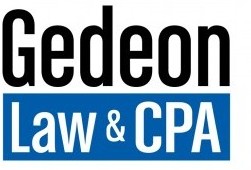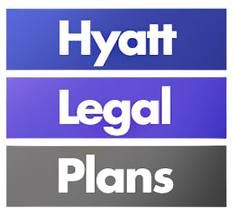With today being Canada Day, there are many reasons for Canadians to be happy. Whether your’re relaxing with a cold Molson at the cottage or following the NHL Free Agent Frenzy to see how good(or bad in the Maple Leafs case) your team did in the free agent market, Canada Day is a day to celebrate.
But thanks to some common sense finally taking hold at the IRS, starting today, some Canadians and Americans living in Canada have even more reason to celebrate.
For a lot of regular hard working Canadians, the recent crackdown by the IRS to uncover undisclosed foreign accounts held by US taxpayers has caused fear and sleepless nights that they will lose their lives savings to Uncle Sam or face criminal prosecution. Far from being millionaires with money stashed away in the Caymans or drug lords laundering money through foreign accounts, most Canadians with unreported foreign accounts we’ve dealt with at Gedeon Law & CPA are honest, law abiding citizens who simply did not know they had to report their Canadian bank, investment, RRSP, TFSA and RESP accounts to the IRS.
While the IRS has been running a program for many years now to provide amnesty to taxpayers with unreported foreign accounts who want to come into compliance, the penalty assessed and the legal costs associated with taking advantage of this program were not economically feasible for a lot of Canadians who unintentionally failed to disclose their foreign holdings.
Starting today, however, the IRS has created two new programs that we at Gedeon Law & CPA believe will finally allow many Canadians to come into compliance with their IRS foreign account disclosure requirements.
In general, these new programs are available to US taxpayers living abroad, for example in Canada, and, for the first time, US taxpayers residing in the US. Under both programs, the taxpayer will be required to certify to the IRS that their failure to pay tax on the foreign account income and report these foreign assets was not willful, which in our experience has been the case with many Canadians facing this predicament. Moreover, there is no maximum threshold on the amount of unreported foreign income to qualify under the new programs. Both programs will also require taxpayers to do the following:
a) File delinquent or amended tax returns, along with required information returns, for each of the most recent three tax years that have passed;
b) File delinquent FBARs for the most recent six years for which the FBAR due date has passed; and
c) Pay the full amount of tax, interest, and penalties, if applicable, at the time of filing.
The key difference between the two new programs is the penalty. No penalty will be assessed on non-US resident taxpayers. For US resident taxpayers, however, the penalty will equal 5% of the highest aggregate value of all previously undisclosed foreign accounts in any year of the prior three years.
At Gedeon Law & CPA, we are uniquely qualified to assist Canadians who want to take advantage of these programs. As a law firm, our clients benefit from attorney-client confidentiality throughout the process. In addition, as a CPA firm, your tax work will be handled in house by the same staff handling your disclosure submission. Contact us today if you are interested in taking advantage of these new programs.



